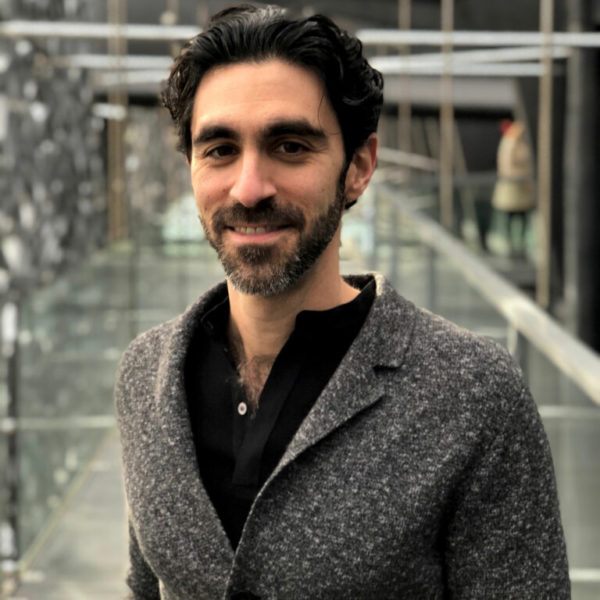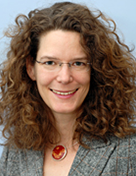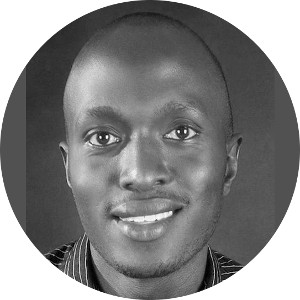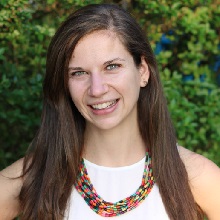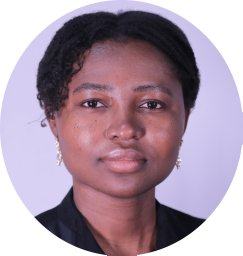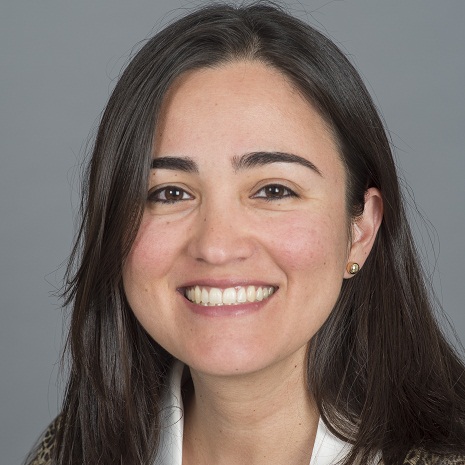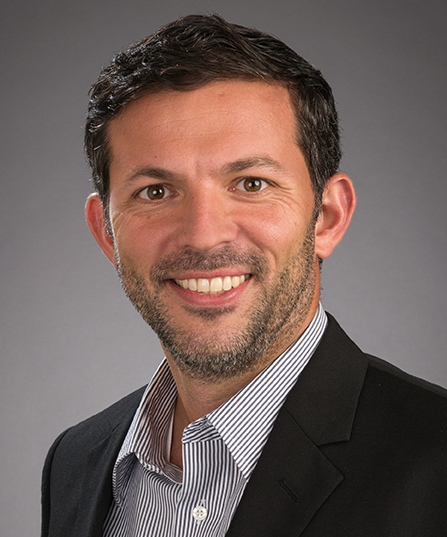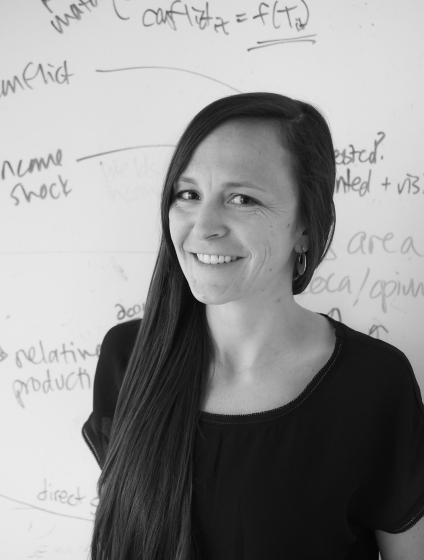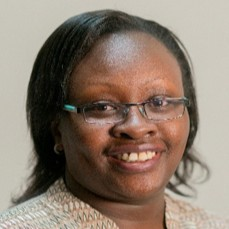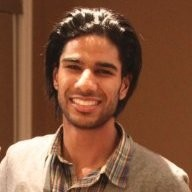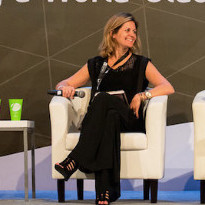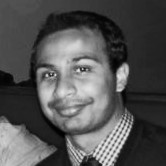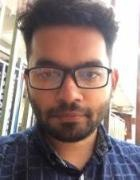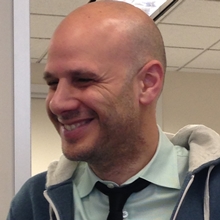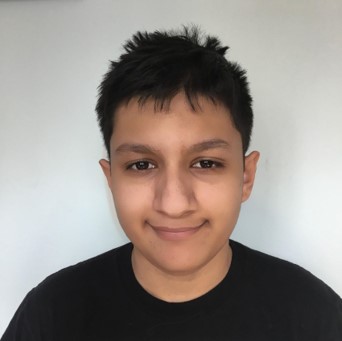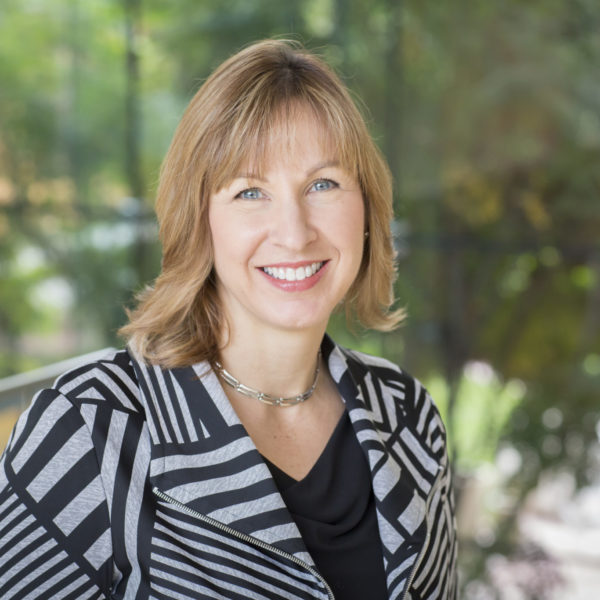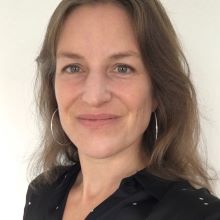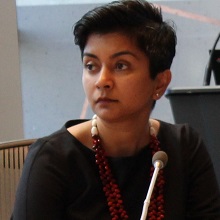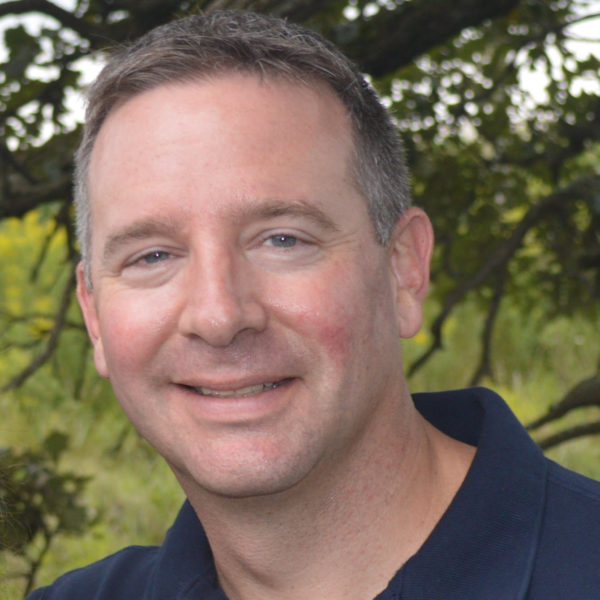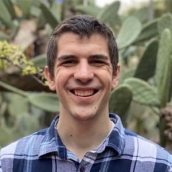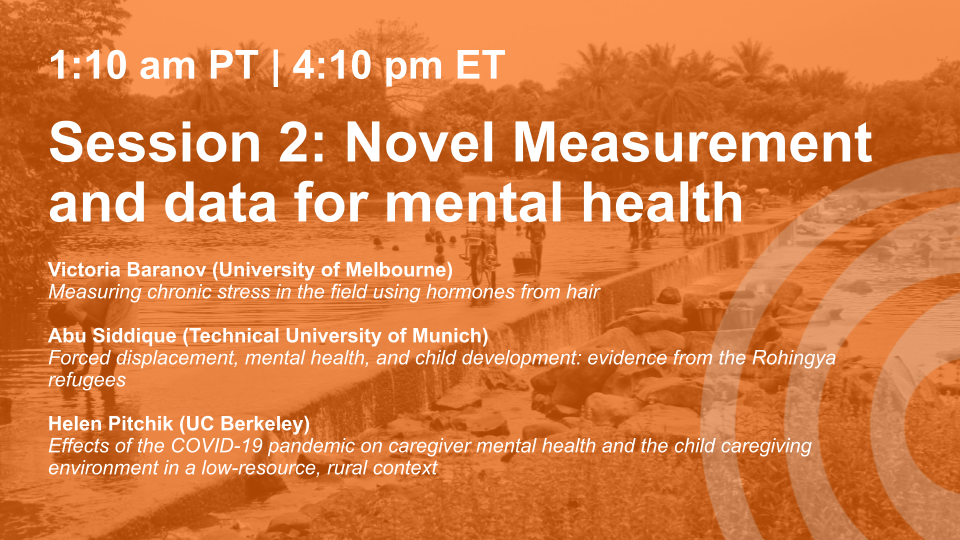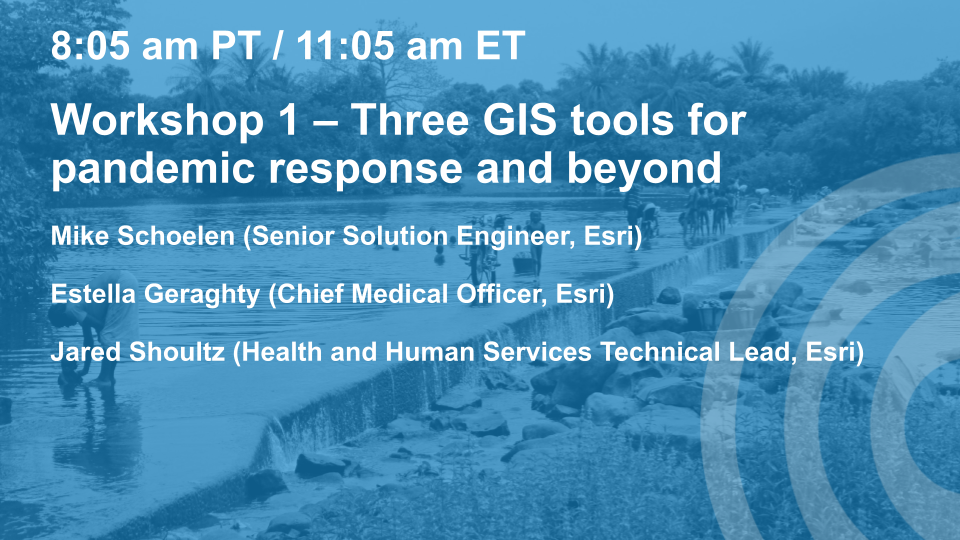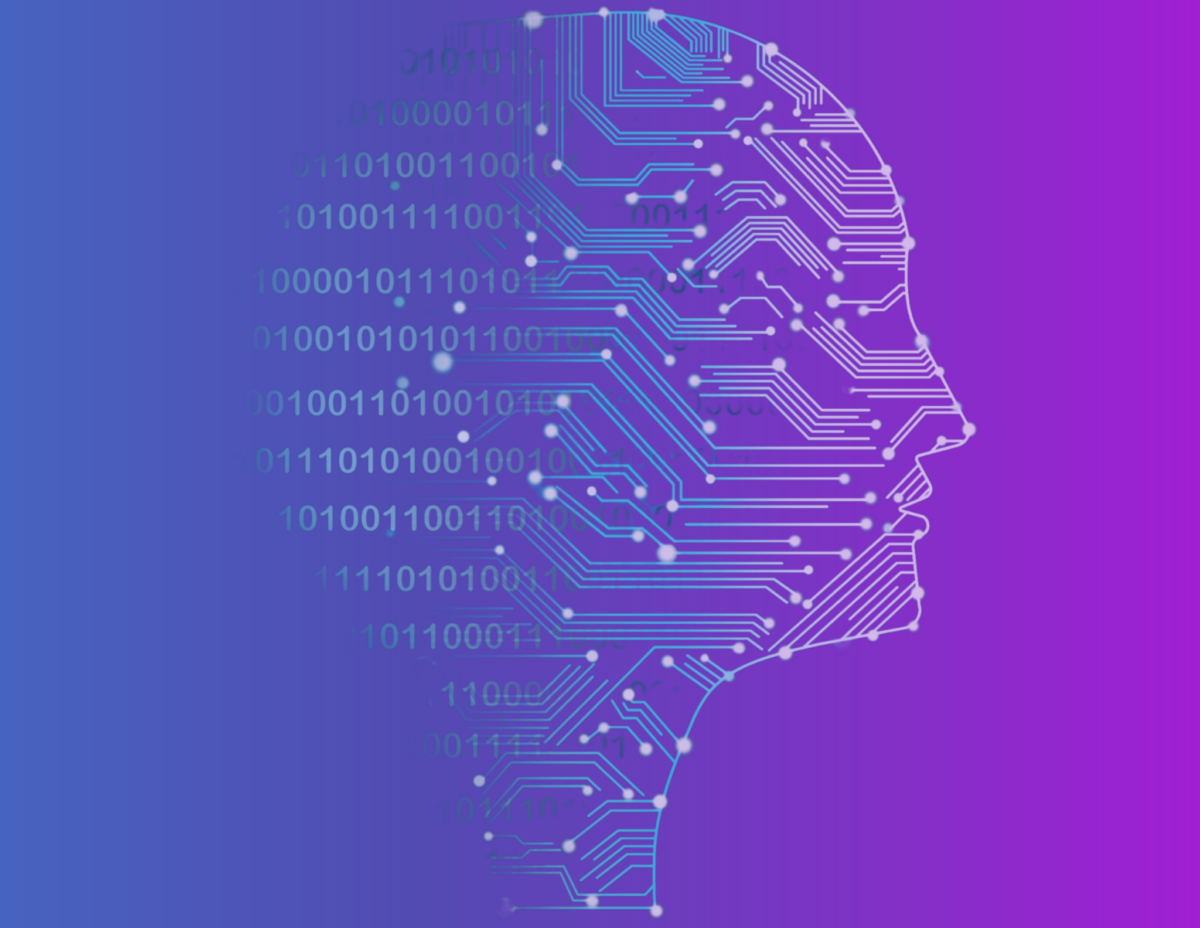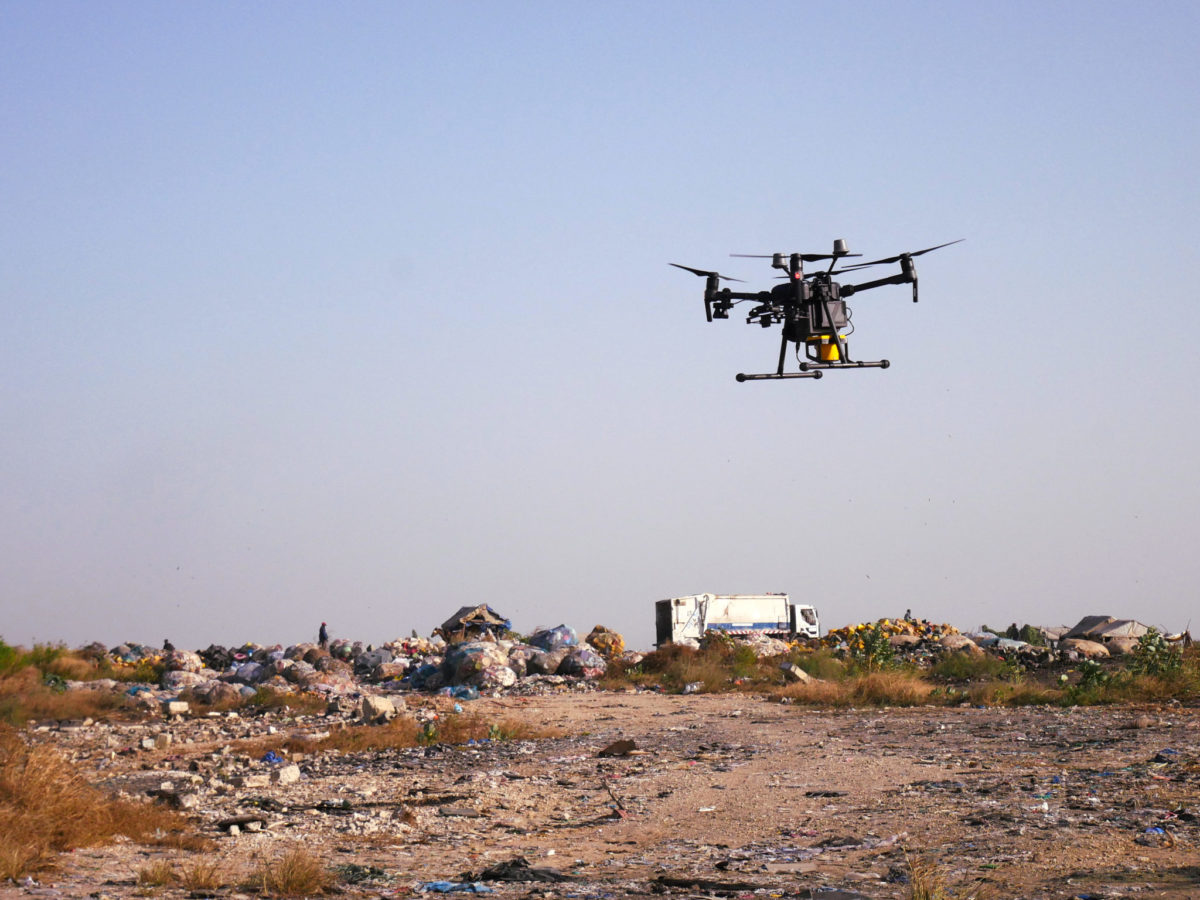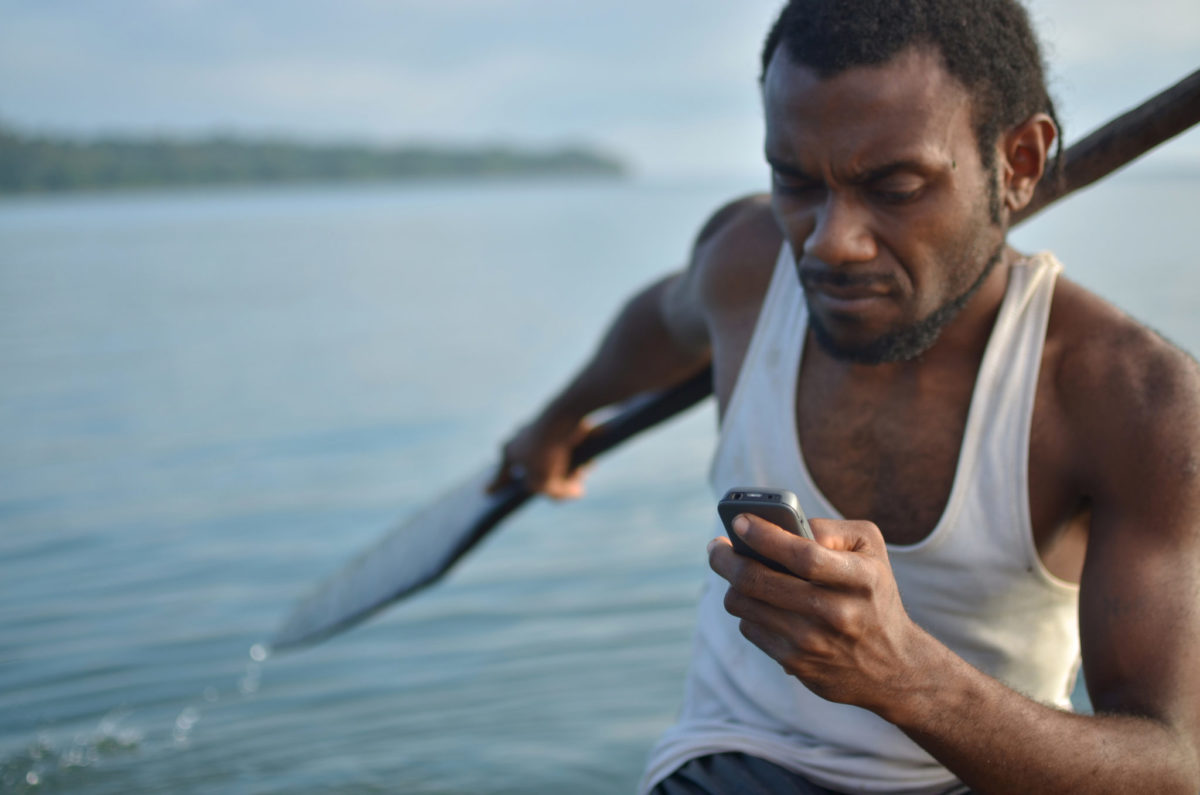Measuring Development 2021: Emerging Data and Methods in Global Health Research
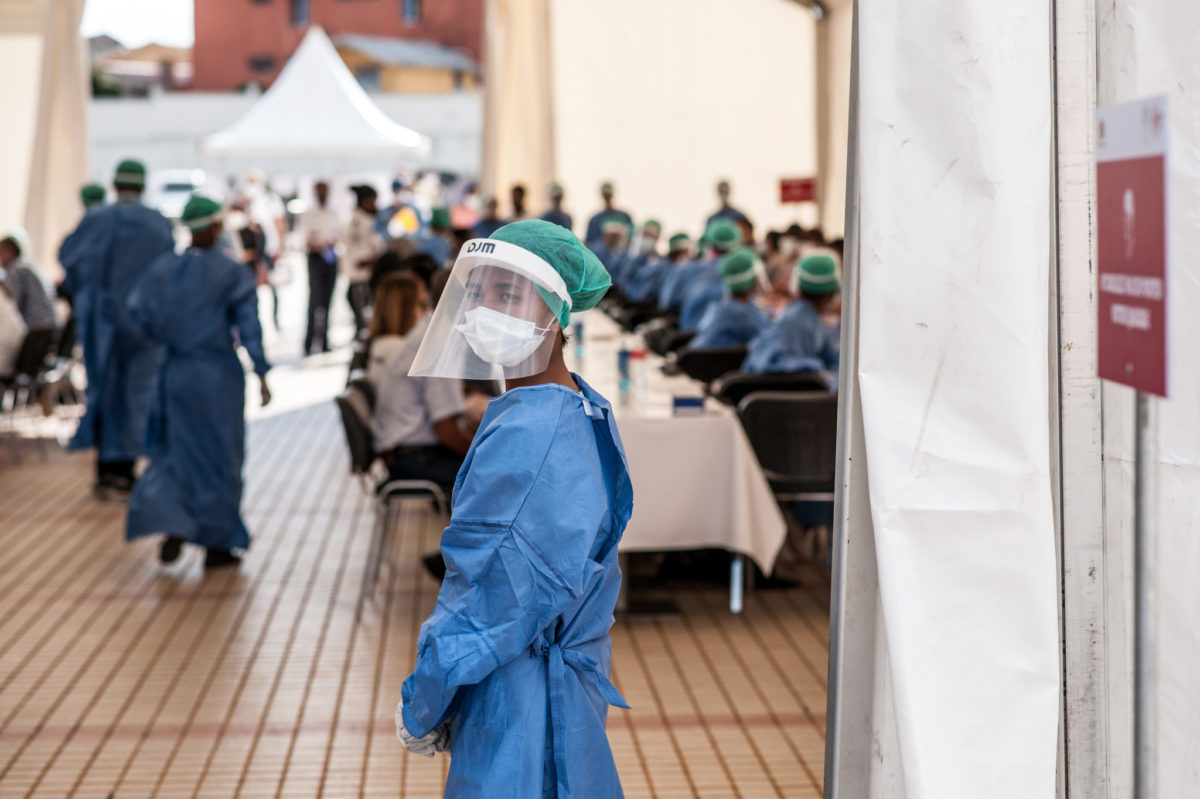
Photo credit World Bank Henitsoa Rafalia
The field of public health has seen major methodological progress in recent years, catalyzed in no small part by the ongoing COVID-19 pandemic. Around the world, researchers are using new types of data and new analytical tools to measure, track, and analyze health trends, interventions, and behaviors. On Wednesday, March 31st, 2021 – Thursday, April 1st, 2021, CEGA and the World Bank Group co-hosted our 7th Annual Measuring Development Conference: Emerging Data and Methods in Global Health Research. The online event showcased applications of novel data and approaches to health challenges in low- and middle-income countries.
See the agenda below:
Day 1: Wednesday, March 31st, 8:00 AM PDT – 2:00 PM PDT
8:00 am PDT Opening remarks: Arianna Legovini, Head of Development Impact Evaluation (DIME), (World Bank)
8:15 am PDT Session 1: Leveraging Online and Social Media Data for COVID-19 Responses
- Robert Marty (World Bank)
- Google trends and COVID-19
- Frauke Kreuter (University of Maryland)
- Using Facebook to administer a global COVID-19 symptom survey
- Ernest Mwebaze (Sunbird AI)
- Using social media to understand public perceptions of COVID-19 messaging in Uganda
- Shankar Iyer (Facebook)
- Large-scale measurement of aggregate human colocation patterns for epidemiological modeling
Q&A (10 minutes)
9:30 am PDT Keynote Address – Machine Learning, Health, and Development: Ziad Obermeyer, Blue Cross of California Distinguished Associate Professor of Health Policy and Management and CEGA Faculty Affiliate, UC Berkeley
10:10 am PDT Coffee Break
10:20 am PDT Session 2: Novel Data and Methods for Disease Tracking and Response
- Ahwaz Akhtar (Indus Health network)
- Using real-time batch geocoding for community-based pandemic response in Pakistan
- Sveta Milusheva (World Bank)
- Mobile phone data and epidemiological modeling for COVID-19
- Ifeoma Ozodiegwu (Northwestern)
- Using mathematical models of malaria transmission as an analytical framework for rapid assessment of the impact of proposed intervention strategies
1st Q&A (10 minutes)
- Guadalupe Bedoya (World Bank)
- Measuring compliance with infection prevention and control practices to fight the spread of diseases
- Laura Balzer (University of Massachusetts, Amherst)
- Causal inference & machine learning to control for missing data in infectious disease research & response
- Jonathan Kolstad (UC Berkeley)
- Pooled testing efficiency increases with test frequency
2nd Q&A (10 minutes)
12:00 pm PDT Panel: Health, Data, and the Environment
- Gordon McCord (UC San Diego, CEGA) – Chair and speaker
- ENSO drives child undernutrition in the global tropics
- Jesse Anttila-Hughes (University of San Francisco)
- Characterizing the contribution of high temperatures to child undernourishment in Sub-Saharan Africa
- Tamma Carleton (UC Santa Barbara)
- Valuing the global mortality consequences of climate change accounting for adaptation costs and benefits
1:00 pm PDT Coffee Break
1:10 pm PDT Lightning Talks
- Karen Bett (Global Partnership for Sustainable Development Data (GPSDD))
- Antimicrobial resistance (AMR) – how citizen-generated data can help communities take action
- Kamil Shafiq (POKET)
- POKET: An innovation for incentivizing self-reported & citizen-generated data via smartphones
- Nadine Kotlarz (North Carolina State University)
- Monitoring for SARS-CoV-2 RNA in wastewater solids to support public health decisions: potential, progress, problems
- Joakim Weill (UC Davis)
- Amphibian collapses exacerbated malaria outbreaks in Central America
- Artash Nath (MonitorMyLockdown.com, Canada)
- Measuring reduction in human movement during COVID-19 lockdowns using open seismic data
Day 2: Thursday, April 1st, 8:00 AM PDT – 2:00 PM PDT
8:00 AM PDT Opening Remarks
8:05 AM PDT Workshop 1 – Three GIS tools for pandemic response and beyond
- Mike Schoelen (Senior Solution Engineer, Esri)
- Estella Geraghty (Chief Medical Officer, Esri)
- Jared Shoultz (Health and Human Services Technical Lead, Esri)
- Description: Mobile data collection tools, connected to dashboards, which are then included in communication hubs, have emerged as a winning combination for pandemic response. In this learning session, you’ll discover key features about each of these tools and how to deploy and use them. With built in interoperability your maps and apps are seamlessly wired together in a logical workflow. The workflow in this session revolves around vaccine distribution needs. At the same time, we’ll show how the same three GIS tools are sustainable in your public health work when you simply configure them for the next set of challenges. To wrap up the workshop the speakers will demonstrate “next-level” dashboarding leveraging international healthcare interoperability tools like HL7 and FHIR to automate reporting and display.
Note: If you’d like to reproduce step-by-step what is covered during the workshop and don’t have access to ArcGIS Online, please follow these instructions on creating an ArcGIS Online trial account. Additionally, this URL contains the sample dataset that will be used for the dashboarding segment of the workshop.
9:25 AM PDT Panel: Leveraging Geospatial Data for COVID-19 Response
- Este Geraghty (Esri)
- Moderator
- Jisoo Kim (Pan American Health Organization (PAHO))
- New mechanisms for collecting and sharing health data in the Americas
- Thiago Rocha (Duke University)
- GeoAI-based micro-planning for health campaigns in low resource settings
- Dr. Felix Correa (Ministry of Health, Panama)
- Juan Pimento (National Authority for Govenrment Innovation, Panama)
10:25 AM PDT Primer on open resources for global health research
10:35 AM PDG Coffee Break
10:45 AM PDT Workshop 2: Shaping Aperture | Strengthening the relevance of Atlas AI’s public data resources for the global health community
- Karen Byrnes (Atlas AI)
- Deven Desai (Atlas AI)
- Description: Atlas AI has recently released a trove of publicly available data meant to benefit users in the non-profit, civic, and public sectors. This data, freely accessed via the platform, Aperture, includes estimates of household-level asset wealth across Africa between 2003-2018, as well as high-level demographic statistics. Through a series of hands-on modules and guided discussions, Atlas team members will introduce workshop participants to the open data resources – including new analysis in support of COVID-19 vaccination efforts on the African continent – and solicit pointed feedback about how to make these assets more relevant and accessible to the global health community.
Workshop Links:
Aperture: https://aperture.
COVID-19 Case Study: https://www.atlasai.
12:05 PM PDT Transition to sessions and final remarks
12:10 PM PDT Session 1: Health care quality: how to measure it and experiments to improve it?
- Damien de Walque (World Bank) – Chair
- Linking overage and quality data to estimate effective coverage: piecing together the evidence from multiple sources
- Anja Sautmann
- Measuring healthcare needs and use with daily diary data to understand demand for acute healthcare
- Eeshani Kandpal
- Information, rewards, and penalties in pay-for-performance contracts
- Berk Özler (World Bank)
- An adaptive experiment to improve quality in contraceptive counseling and increase the uptake of long-acting reversible contraceptive methods
1:10 PM PDT Session 2: Novel Measurement and data for mental health
- Victoria Baranov (University of Melbourne)
- Measuring chronic stress in the field using hormones from hair.
- Abu Siddique (Technical University of Munich)
- Forced displacement, mental health, and child development: evidence from the Rohingya refugees
- Helen Pitchik (UC Berkeley)
- Effects of the COVID-19 pandemic on caregiver mental health and the child caregiving environment in a low-resource, rural context
If you have any questions, please reach out to Sam Fishman (sfishman@berkeley.edu) or the DIME Analytics team (dimeanalytics@worldbank.org).
